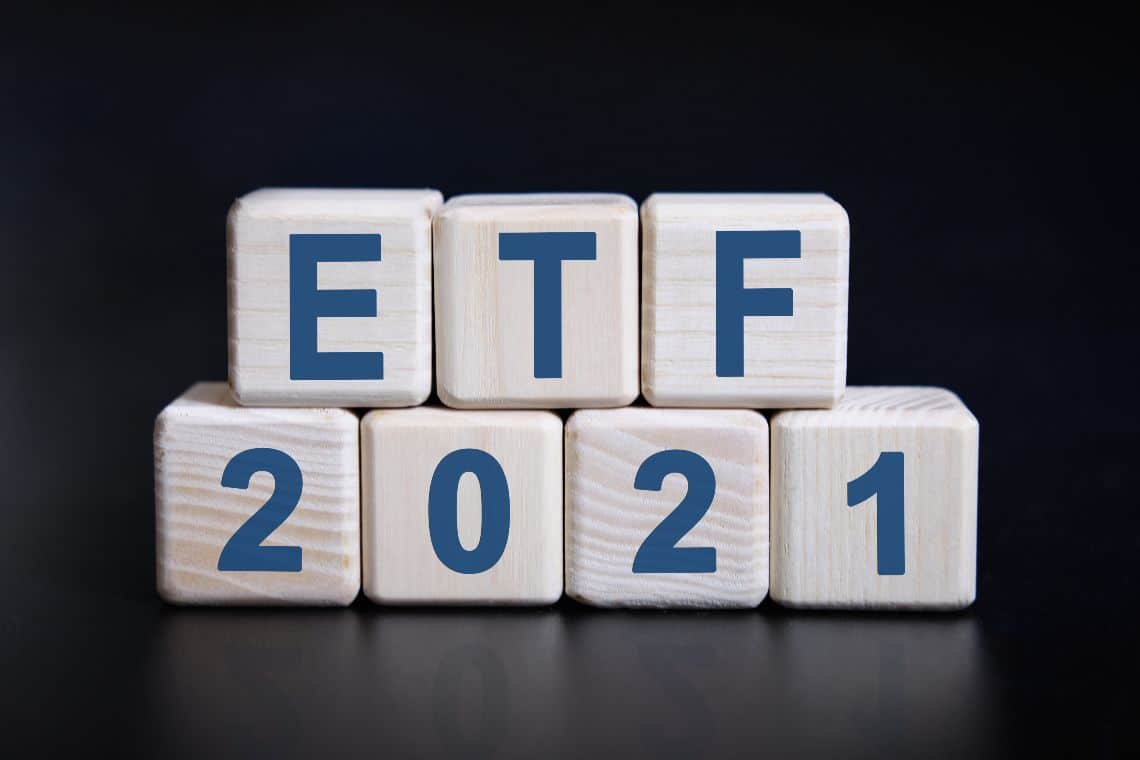Every year seems like the right one, but the reality is that the U.S. SEC has yet to approve ETFs on Bitcoin, despite openings on a futures-based instrument.
Will the SEC approve futures-based ETFs on Bitcoin?
However, Chairman Gary Gensler’s words have opened a breach. The same firms that had filed applications for an ETF on Bitcoin are now heading towards an ETF based on Bitcoin futures, a derivative product based in turn on another derivative product. A mix that can be downright dangerous but nevertheless more controlled. The SEC is clearly convinced that this instrument may be more suitable for investor protection, a concept that should be a priority for the Securities and Exchange Commission.
That’s why Galaxy Digital filed for approval for a futures-based Bitcoin ETF. So did VanEck, which has already had its application for approval of a classic Bitcoin ETF rejected on other occasions.
But is this what investors want? According to statements by Neena Mishra, director of ETF research at Zacks Investment Research, investors would still like an ETF on traditional Bitcoin. She explained to the Financial Times:
“While investor education is important, I think investors understand the difference between a bitcoin futures ETF and one that actually tracks bitcoin. Many crypto investors really looking for a bitcoin ETF will wait for the latter.”
Applications pending with the SEC
In the meantime, the SEC is stalling, and numerous submitted applications remain in limbo. The latest is from Valkirie Investment, which applied for an ETF based on bitcoin futures in the past few days. The product will not expose investors directly to BTC but futures.
WisdomTree in March applied for a classic Bitcoin ETF to be listed on Cboe’s BZX exchange. But it got no response from authorities.
The same CBOE has asked the SEC for approval of an ETF on Bitcoin by Fidelity.
Galaxy Digital’s dual requests, for a classic ETF and one based on Bitcoin futures, also stand out.
Cathie Wood’s Ark Invest is also trying to get its own Bitcoin ETF approved.
Finally, it is working on a possible launch of ETF Grayscale, which could turn its Grayscale Bitcoin Trust into an ETF on Bitcoin.
What’s happening in the rest of the world
The bottom line is that institutional investors are looking for classic investment instruments and are less likely to buy BTC directly. The big investment companies have understood this, which is why they are studying products dedicated to them, including, precisely, ETFs.
But the United States risks being left behind. Too caught up in the fears that accompany the approval of exchange-traded funds, they are neglecting the fact that Bitcoin ETFs are a reality in other parts of the world. And a successful one at that. That is the case in Canada, but also in Brazil. ETFs are also coming to Europe.
The United States, which wants to be at the forefront, is willingly chasing in this case.
The fear of many is that 2021 will not be the right year either. After all, this is a year of extreme success but extreme volatility for Bitcoin: in January, it was worth $30,000, in April $65,000, in June and July, it went back to $30,000, and now it’s back to $50,000.
The SEC doesn’t like volatility, even when historical records accompany it.
But then again, that’s the nature of Bitcoin.



